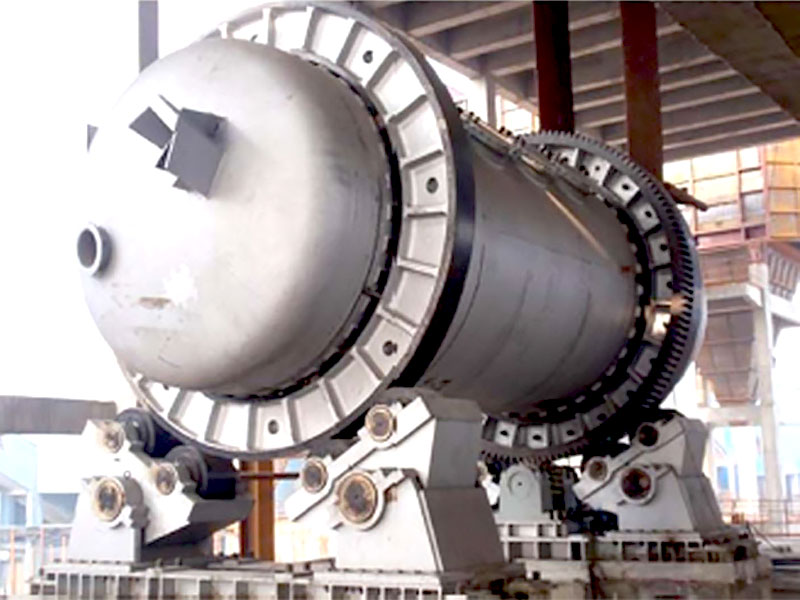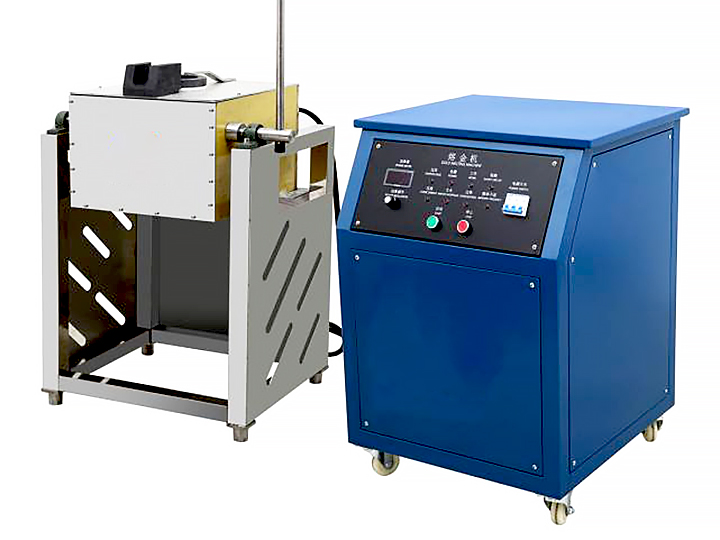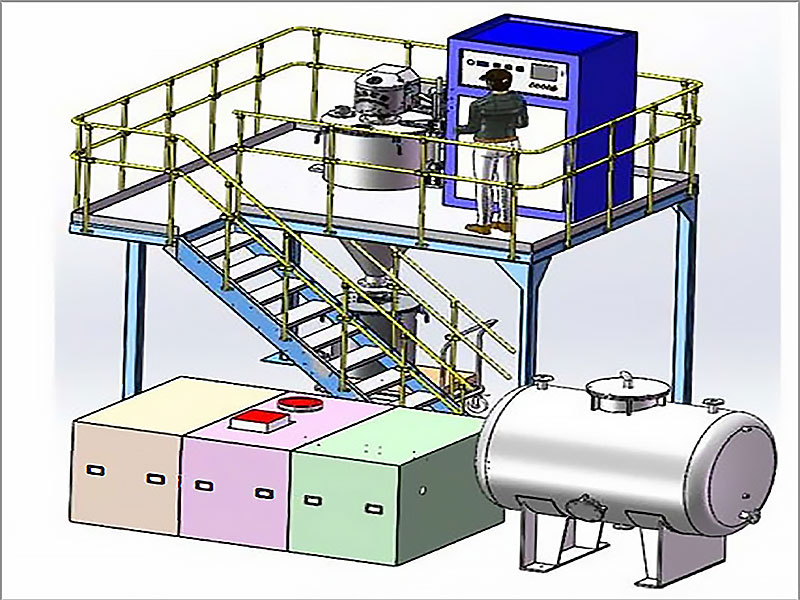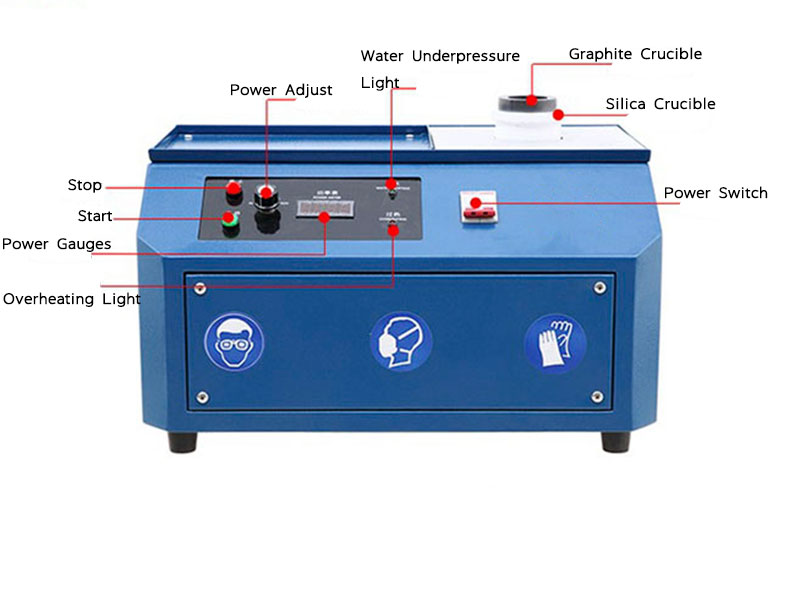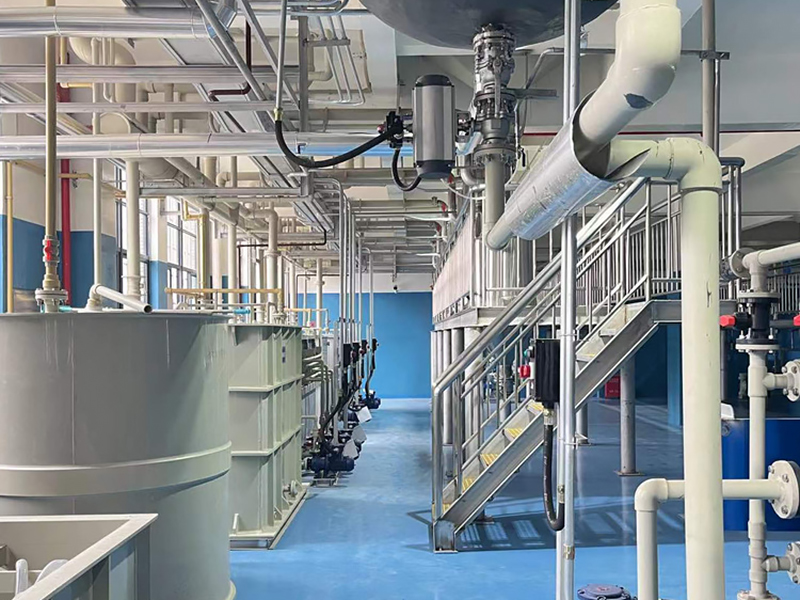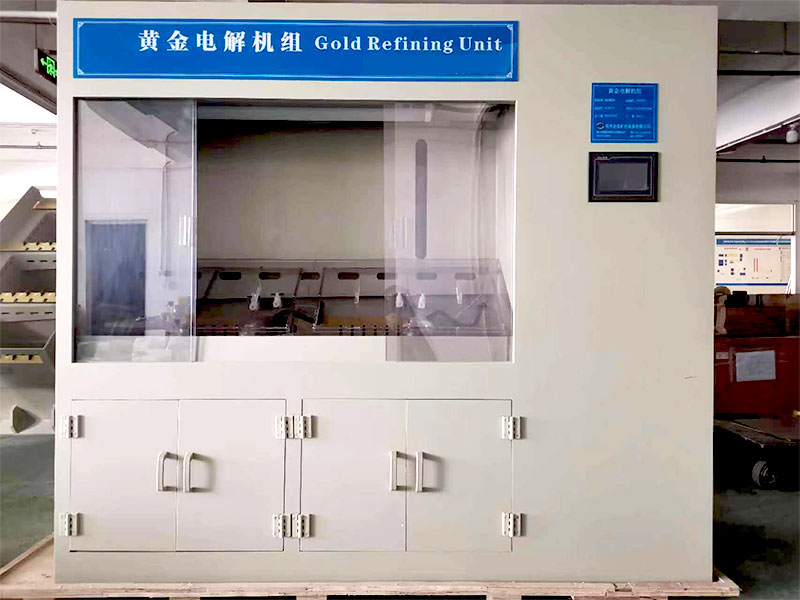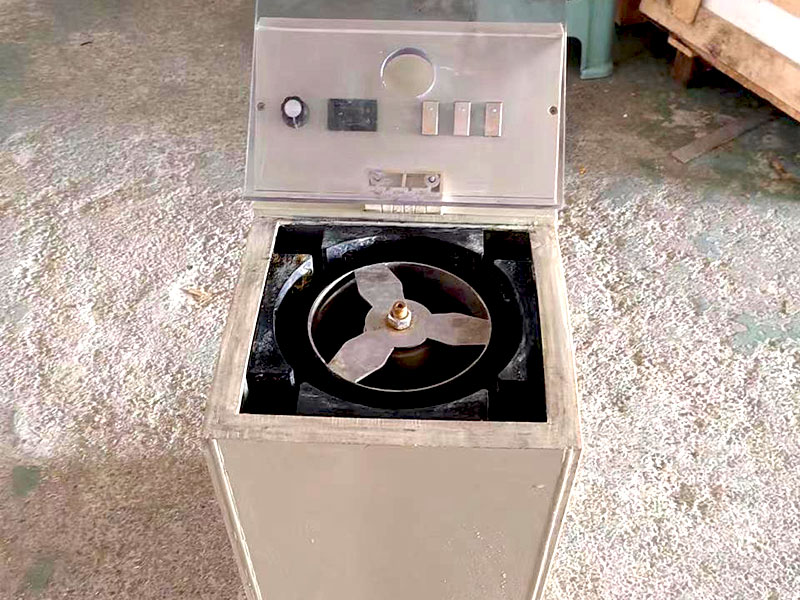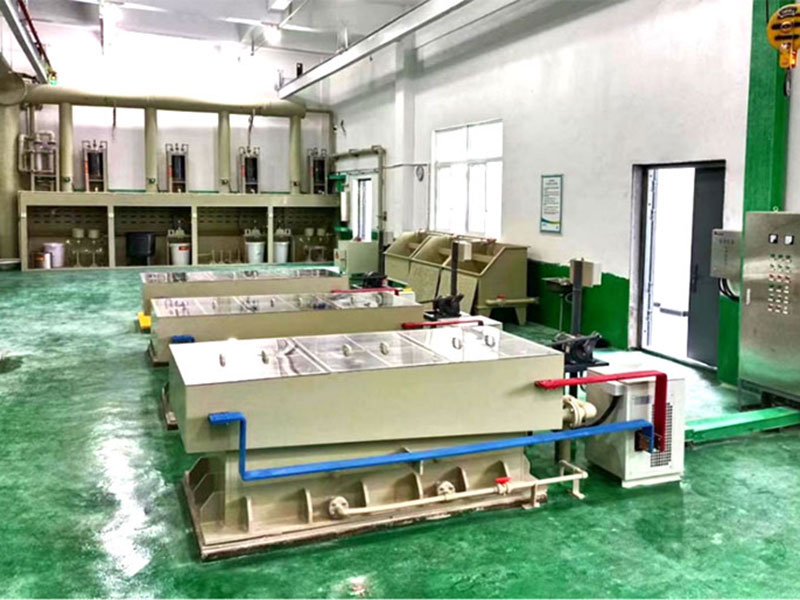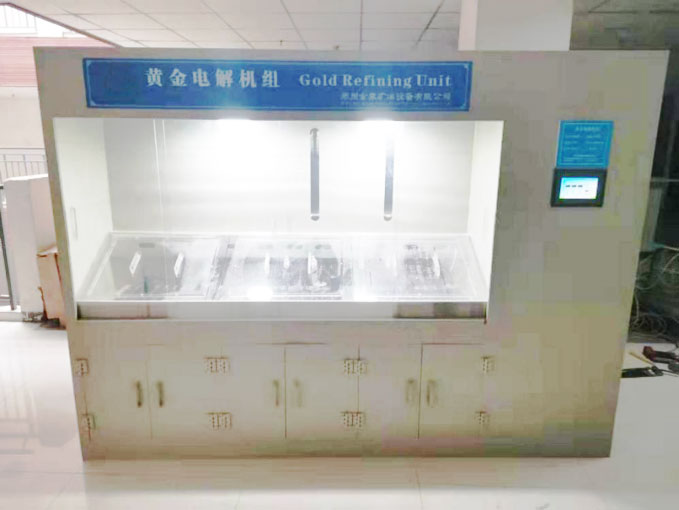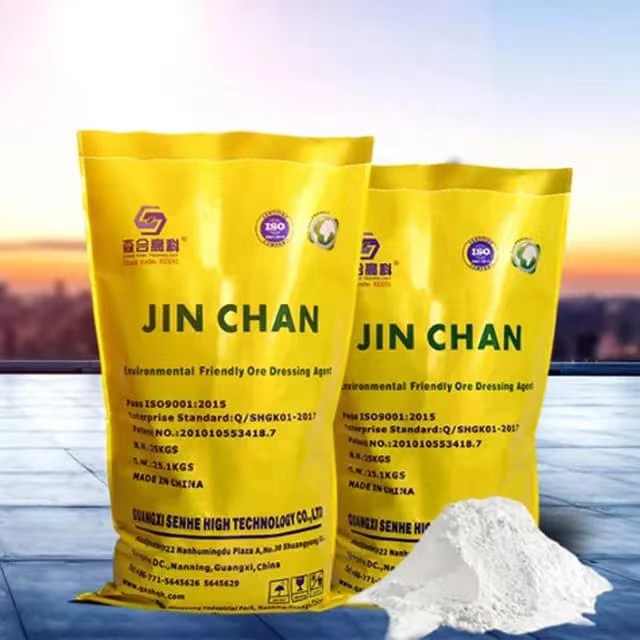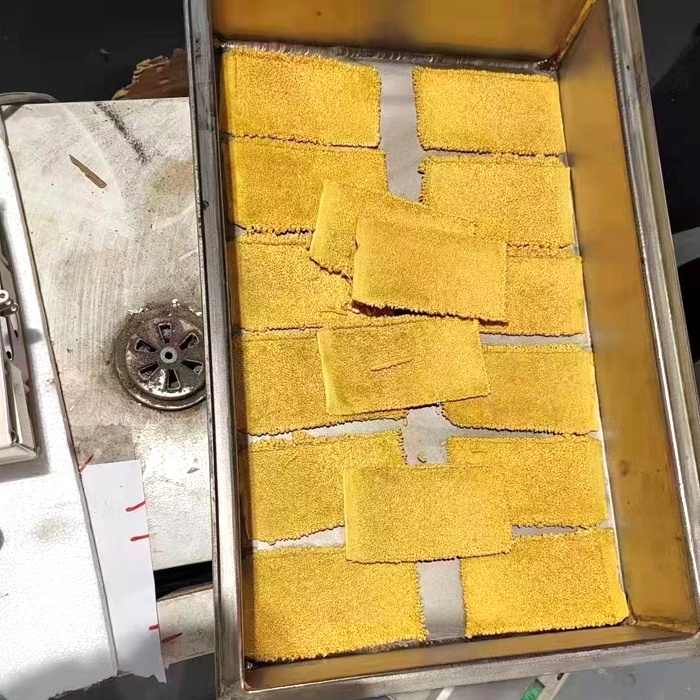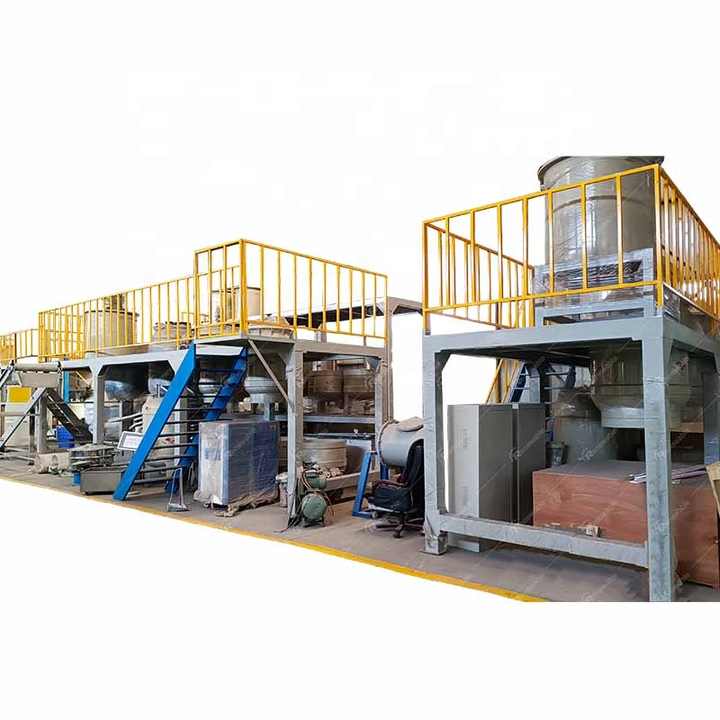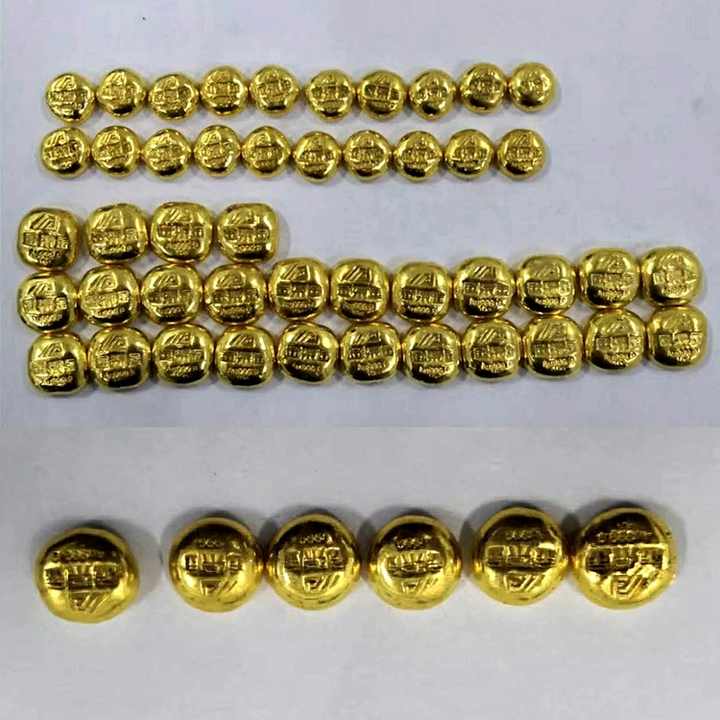Sodium Hydroxide Gold Refining
Understanding Sodium Hydroxide in Gold Refining
Sodium hydroxide, commonly known as caustic soda, plays a pivotal role in various industrial processes, including gold refining. FRT Machinery, a leader in the design and manufacturing of gold refining systems, highlights the importance of sodium hydroxide (NaOH) in achieving purity levels that meet international standards. This article delves into the intricacies of using sodium hydroxide in gold refining, exploring its benefits, applications, and safety considerations.
Benefits of Sodium Hydroxide in Gold Refining
When it comes to purifying gold, sodium hydroxide gold refining offers several advantages over traditional methods. By creating a highly alkaline environment, NaOH facilitates the separation of impurities from gold, enhancing the efficiency of the refining process. Additionally, its cost-effectiveness and availability make it a preferred choice for many refineries around the world. FRT Machinery’s advanced systems leverage these pr
operties to deliver high-quality gold with minimal environmenta l impact.
Applications of Sodium Hydroxide in Gold Refining Processes
The application of sodium hydroxide in gold refining processes is diverse and essential. One primary use is in the cyanidation process, where NaOH helps maintain the pH levels necessary for gold dissolution. Another critical application involves neutralizing acidic solutions post-extraction, ensuring that the final product is free from contaminants. FRT Machinery has developed specialized equipment that optimizes these applications, ensuring maximum extraction rates while adhering to stringent safety protocols.
Safety Considerations in Sodium Hydroxide Gold Refining
Safety is paramount when handling sodium hydroxi
de during gold refining. As a strong base, NaOH can cause severe burns and eye damage if proper precautions are not taken. FRT Machinery emphasizes the importance of protective gear and training for all personnel involved in the refining process. Furthermore, their systems are designed with built-in safety features to minimize risks associated with chemical exposure, making them ideal for modern, safety-conscio
us operations.
Environmental Imp
act of Using Sodium Hydro

xide in Gold Refining
Environmental sustainability is a g
rowing concern within the mining industry. While sodium hydroxide gold refining offers numerous benefits, it also poses potential environmental challenges if not managed correctly. FRT Machinery addresses these concerns by incorporating eco-friendly practices into their refining processes. This includes recycling and neutralizing wastewater, reducing the overall carbon footpr
int of gold production without compromising on quality or efficiency.
Innovations in Sodium Hydroxide Gold Refining Technology
Innovation drives progress, and this holds true for sodium hydroxide gold refining technology. FRT Machinery continuously invests in research and development to enhance existing processes and introduce new technologies. Their latest innovations focus on improving the efficiency of NaOH usage, developing more sustainable practices, and automating key aspects of the refining process. These advancements not only improve operational performance but also contribute to a cleaner, more sustainable future for the gold refining industry.

Conclusion: Embracing Sodium Hydroxide for Sustainable Gold Refining
As we move towards a more sustainable future, embracing innovative technologies like those offered by FRT Machinery becomes increasingly important. By leveraging the power of sodium hydroxide in gold refining, companies can achieve higher purity levels while minimizing environmental impact. Whether you’re a small-scale operation or a large industrial refinery, adopting these advanced methods can transform your business, setting new benchmarks for efficiency and sustainability in the global gold market.

